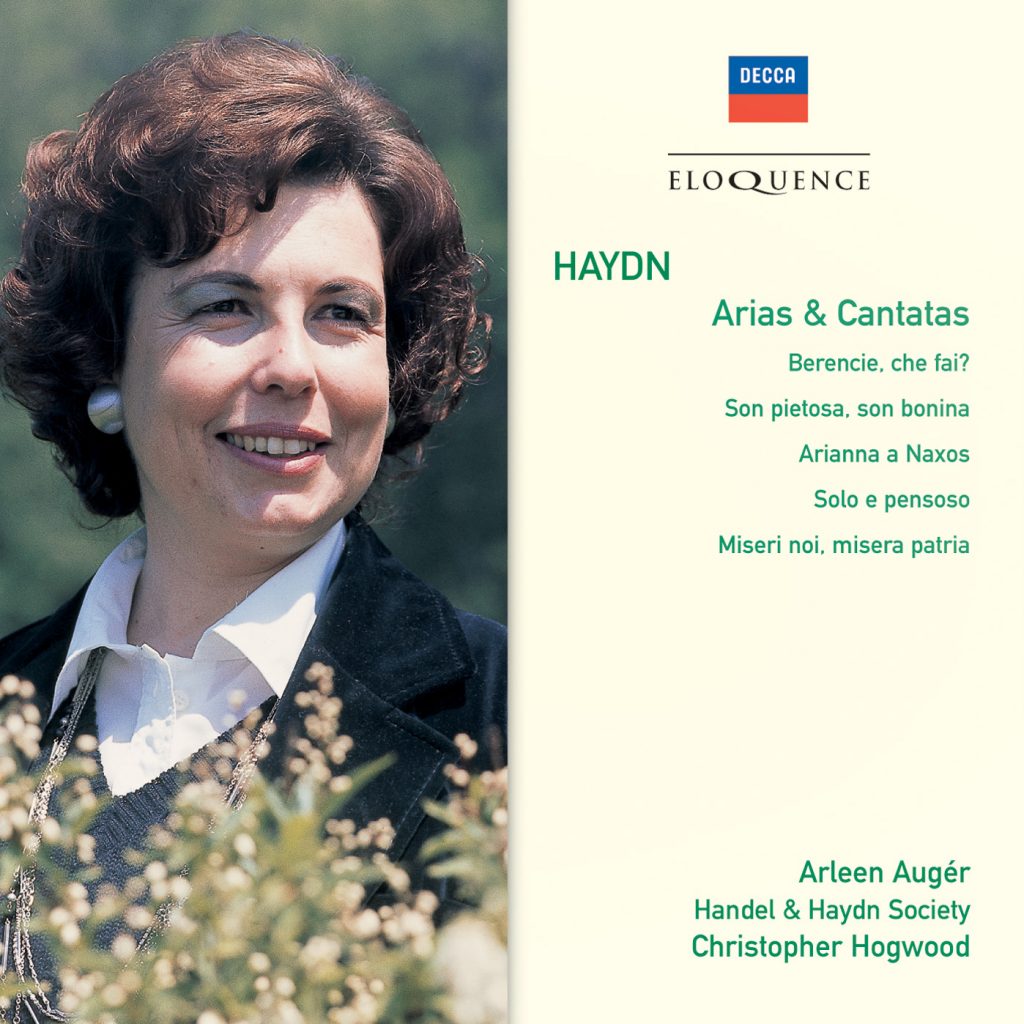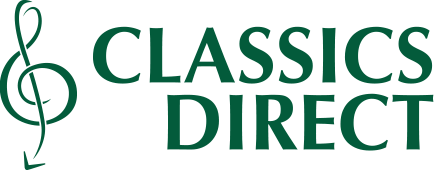
These vocal works are mostly late Haydn and the performances are based on texts derived from recent scholarship.
‘Arianna a Naxos’ was written with keyboard accompaniment; Haydn intended to orchestrate it but never got around to it. This version is a collation of two anonymous orchestrations, plus ‘vocal embellishments and cadenzas’ presumably by H. C. Robbins Landon and Christopher Hogwood, who both sign the program notes to this disc.
‘Berenice, che fai?’ has a three-bar introduction restored, so it now begins ‘piano’ instead ‘oí forte’.
The cantata ‘Miseri noi, misera patria’ was written before 1786; after an opening recitative and a Largo section, it has a beautiful aria, Largo Assai – Allegro moderato. But the aria sabotages the drama; a typically spirited Haydn allegro with gay vocal coloratura does not suit the text: ‘Amid fire and destruction, each individual now meets the doom. …’
The aria ‘Son Pietosa, son bonina’ was written in 1789 for Haydn’s mistress, Luigia Polzelli; its slow sections are close to Mozart.
‘Solo e pensoso’, a setting of Petrarch’s twenty-eighth sonnet, is from 1798.
JOSEPH HAYDN
Berencie, che fai? (Scena di Berenice) (Hob. XXIVa:10)
Son pietosa, son bonina (Hob. XXXIIb:1)
Arianna a Naxos (orchestral version) (Hob. XXVIb:2)
Solo e pensoso (Hob. XXIVb:20)
Miseri noi, misera patria (Hob. XXIVa:7)
Arleen Auger, soprano
Handel & Haydn Society
Christopher Hogwood
Recording producer: Peter Wadland
Recording engineer: John Dunkerley
Tape editor: Caroline Loweth
Recording location: Methuen Memorial Music Hall, Massachusetts, USA, October 1988
‘The Handel and Haydn Society is America’s oldest performing arts organization still in existence, having been founded in 1815 – a mere six years after the death of Haydn himself. With this recording of his arias and cantatas for solo soprano the society has done the musical world a great service: this is lovely music lovingly performed. It is almost a commonplace to say that Haydn has been consistently overshadowed by Mozart in the field of opera, but this has also meant the neglect of these quintessentially operatic miniatures. […] Arleen Auger is superbly dramatic in the cantatas, gauging the emotional temperature perfectly and translating that into her voice through a subtle use of tone-colour and a commendably flexible approach to vibrato: drama without vocal histrionics. […] I found this a most enjoyable recording, one I won’t tire of hearing in a long time.’ Gramophone



